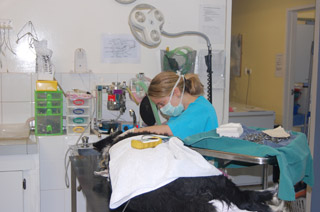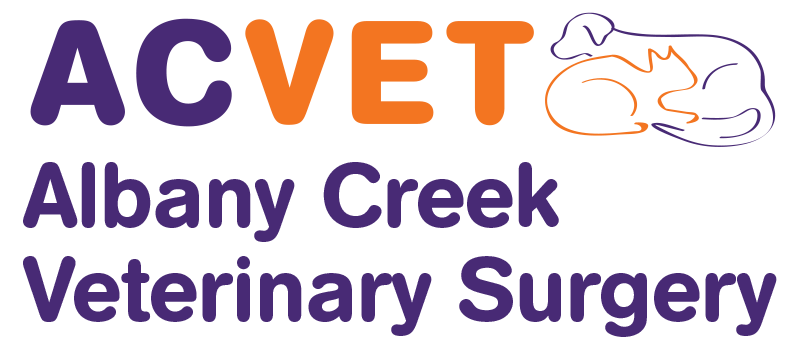Pre-Anaesthetic & Pre-Op Information for Pet Owners

This guide is to assist you on the day of your pet’s visit for a procedure requiring anaesthesia. If you are able to read through the following information it will ensure an efficient admission and allow us to better serve the needs of your pet.
Your pet will be required to be fasted overnight (no food or milk after 8pm) but access to water is fine. You are able to leave your pet at the surgery from 7.30 am.
We will need a consent form signed by a consenting adult at the time of admission.
We need to have a contact telephone number for during the day in case we need to discuss your pet’s procedure or have an emergency.
All forms of anaesthesia or sedation carry some risk. To reduce this we monitor all patients during the anaesthetic with nurses and equipment and may recommend additional precautions for some patients:
- Pre anaesthetic blood tests
- Intravenous fluids
We understand these choices can be confusing and we will assist you to make the best decision for your pet based on their requirements (age, health and procedure) as well as the relevant costs incurred. These additional precautions will enable us to reduce the risk of the anaesthetic or sedation to the smallest possible.
Pre anaesthetic blood tests can be performed at the surgery on the morning of the operation. We screen for liver and kidney function, diabetes (sometimes these conditions can exist without us knowing), red and white cell disorders as well as clotting problems (haematology). This is more important in older pets (over 7 years of age) and sick animals but also invaluable as a screening procedure for all patients (baseline testing). We will need you to indicate at the time of admission if you would like us to do this for your pet.
We use modern up to date anaesthetic drugs on all patients and may suggest extra precautions in sick, older, very young or thin patients (including greyhounds or similar breeds).This greatly reduces the risk for ill or older patients and results in a faster and more comfortable recovery.
Intravenous fluids (or drip) allows us to administer fluids directly into the blood stream. Animals will lose but not take in fluids while asleep. An intravenous drip keeps them “drinking” (maintaining fluid balance and assists recovery). This will add to the blood volume helping to maintain blood pressure to vital organs (especially helpful in older patients or patients with known kidney or liver problems). These fluids will benefit patients who have not been eating, had vomiting or diarrhoea, require teeth extractions, bowel surgery or for prolonged surgery (eg orthopaedics).
Pain management is an essential element for the comfort and well being of your pet. It has also been proven to assist in quicker surgical recoveries of patients following operations. We provide pain relief both before and after surgery.
Occasionally the need arises to carry out extra procedures while under anaesthetic. This may incur extra costs and we would always attempt to contact you for consent. If we were unable to contact you we would act based on your pet’s best interests.
Please ensure we are informed of any additional procedures you would like us to do including vaccinations, microchipping, teeth or ear cleaning and nail clipping.
By Albany Creek Veterinary Surgery
Last updated on 12 September 2019





